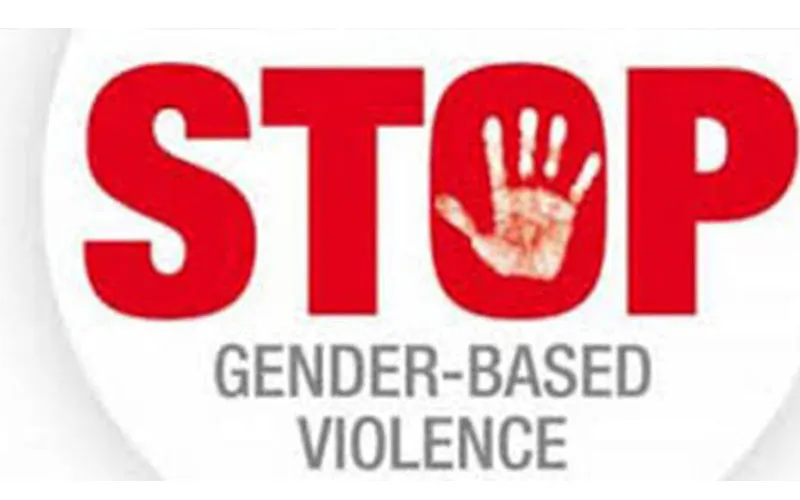Bulawayo, 23 October, 2021 / 11:30 pm (ACI Africa).
The people of God in Zimbabwe can be part of the fight against Gender Based Violence (GBV) by helping victims seek health care services and reporting the cases to the authorities, Catholic nurses in the country’s Bulawayo Archdiocese have said.
In a Tuesday, October 19 report, the chairperson of the Catholic Nurses’ Guild of the Zimbabwean Archdiocese says GBV is not only a source of major public health problems but also a sin against humanity and God.
The Catholic Church in Zimbabwe is being called upon “to scale up efforts in curbing GBV at all levels and help victims of Gender Based Violence to deal with their situations by reporting their cases to the police and to seek health care services in cases of physical violence,” Addis Hlomani has been quoted as saying in the report.
In the report published by Catholic Church News Zimbabwe, Mrs. Hlomani further urges the people of God in the Southern African nation to facilitate “professional counselling and psycho-social support for families and children who may need it so as to reduce challenges of GBV.”
She emphasizes the need to establish safe houses at Parishes where victims of GBV can find shelter while their cases are being investigated adding that “these and other support systems will help survivors of GBV to pick up their mats and to move on.”








